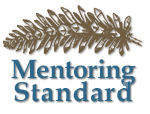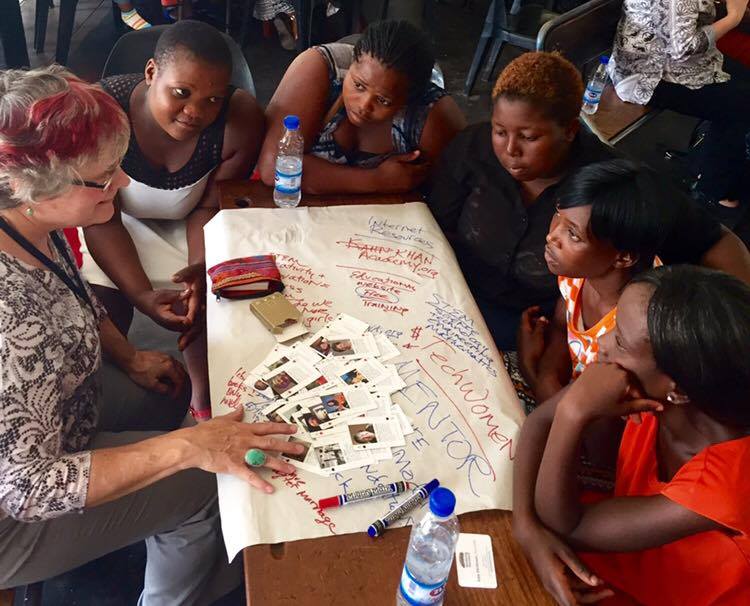Investing in a good mentoring program is worthwhile: you and your organization will benefit in the long-run from this remarkable business methodology. Before you start implementation, there are important questions on which you and your leadership team should agree. Resolving these questions early in the mentoring program design process will help everyone understand their goals and measures more clearly – and will socialize the scope and implications of the program.
- What is the primary goal of your program?
- What problem are you solving?
- Why a mentoring program? (As opposed to another kind of program)
- Who is your customer? (Target population? Consumer? Beneficiary?)
- Size of whole target group? Size of initial target group (Often called a pilot)?
- Mixed gender? Women only?
- Is seniority or performance a consideration: Only superstar mentees? Only executive mentors? Or, will you take all comers?
- Do you have target professional or organizational groups?
- What locations, geographic regions will you serve?
- What is the structure of your program?
- One-mentor to one-mentee (One to one)? Or, one-mentor to mentee-group (One to many)? Or, some other mix?
- All face-to-face, or some at a distance, or all at a distance? (In-person versus remote relationships)
- Are all participants internal to your organization? Or, are mentees inside with mentors outside? Or, are mentors inside with mentees outside? Some other mix?
- Are all program participants adults? (Programs for children and youth follow protective protocols, procedures and methods for preventing and responding to risk of abuse)
- Who will be responsible long-term for the program, if it continues? (Consider both your champions and program managers)
- What advisors, experts, and stakeholders are needed to make this program succeed?
- What are program constraints?
- Schedule, delivery requirements? (Must be done by this date?)
- Is how the work is done a key requirement, or do you just need to deliver results? (Must you use specified processes, methods, or tools?)
- Are there reporting requirements and measures?
- Are there organizational or governmental oversight or registration requirements?
- Are any resources available? Any budget or staff? What are the limits of these resources?
Adapted from a 2014 work by Katy Dickinson while at Everwise, licensed under a Creative Commons Attribution-ShareAlike 4.0 International License
The base text was originally published as part of “Mentoring in a Box” in 2014. The version you see here is an extended version of that material.
Published as a Mentoring Standard web page: 1 April 2016 (no fooling!).
More: Research and Publications

